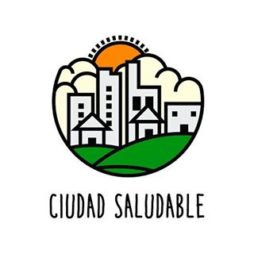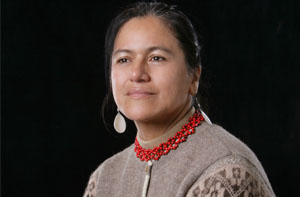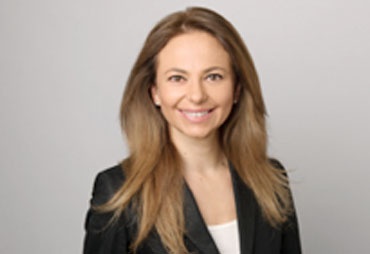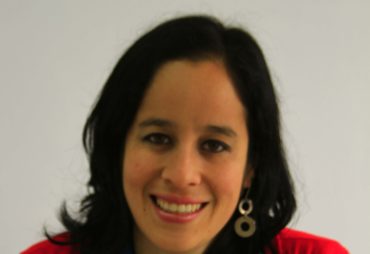
Ciudad Saludable (CS) translated as Healthy City, is a nonprofit organization in Peru and in the Andean region that establishes strategic alliances with governments, companies, and civil society organizations with the objective of promoting strategies that are oriented toward sustainable management of environmental and natural resources, and the protection of the health of the population.
The relationship between impoverished communities and their environments is transformed through improved service quality and changes in values and behavior to maintain clean, healthy environments, oceans, rivers, and lakes.
CS supports replication within Peru, providing consulting and business services as well as assistance to local programs seeking startup and operating capital. CS International, the global umbrella group, provides similar support and services to new enterprises in other countries, in part through a for-profit subsidiary.

Founder and President, Ciudad Saludable
Albina Ruiz grew concerned about health and environmental problems caused by garbage in Peru when she was a student studying industrial engineering. After writing her thesis, she came up with an idea for a new community-managed system of waste collection that she hoped would serve as a model for urban and rural communities in Peru. Albina completed a master’s degree in ecology and environmental management and later earned a Ph.D. in chemical engineering in Spain. In 2001, when she returned to Lima from her studies, she founded Ciudad Saludable (CS), deciding that she did not want to create a typical donation-dependent NGO, but rather a feasible business that would engage poor communities as customers, and would be able to thrive in a financially sustainable way. Albina has since been widely recognized for her innovation and determination by Ashoka, Schwab Foundation, AVINA and a growing number of esteemed awards. Albina is no longer involved in the day-to-day running of CS but remains its president. Her daughter, Paloma Roldán, is now the executive director.
CS has organized more than 1,500 waste collectors, creating employment and improving health and living conditions for more than 6 million people living in poor urban and rural regions in Bolivia, Brazil, Colombia, Mexico, Peru, Venezuela, Guatemala, Argentina, Chile, Jamaica, Haiti, and India. CS reaches 30 percent of Peru’s population with waste-collection services in 1,835 cities. In partnership with recycling companies, the CS team has developed a distance education program that has trained 300 professionals from Brazil, Venezuela, Chile, Ecuador, and Peru in the complete management of residues. Instrumental in the creation of the first law in Peru (also the first in Latin America) to regulate recycling, adopted in 2010.

